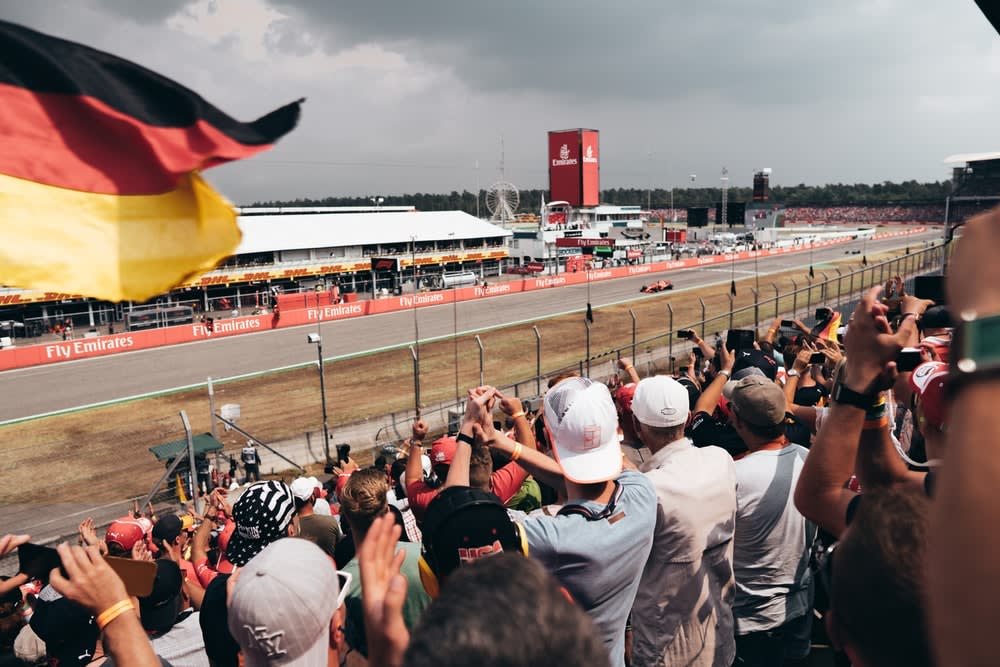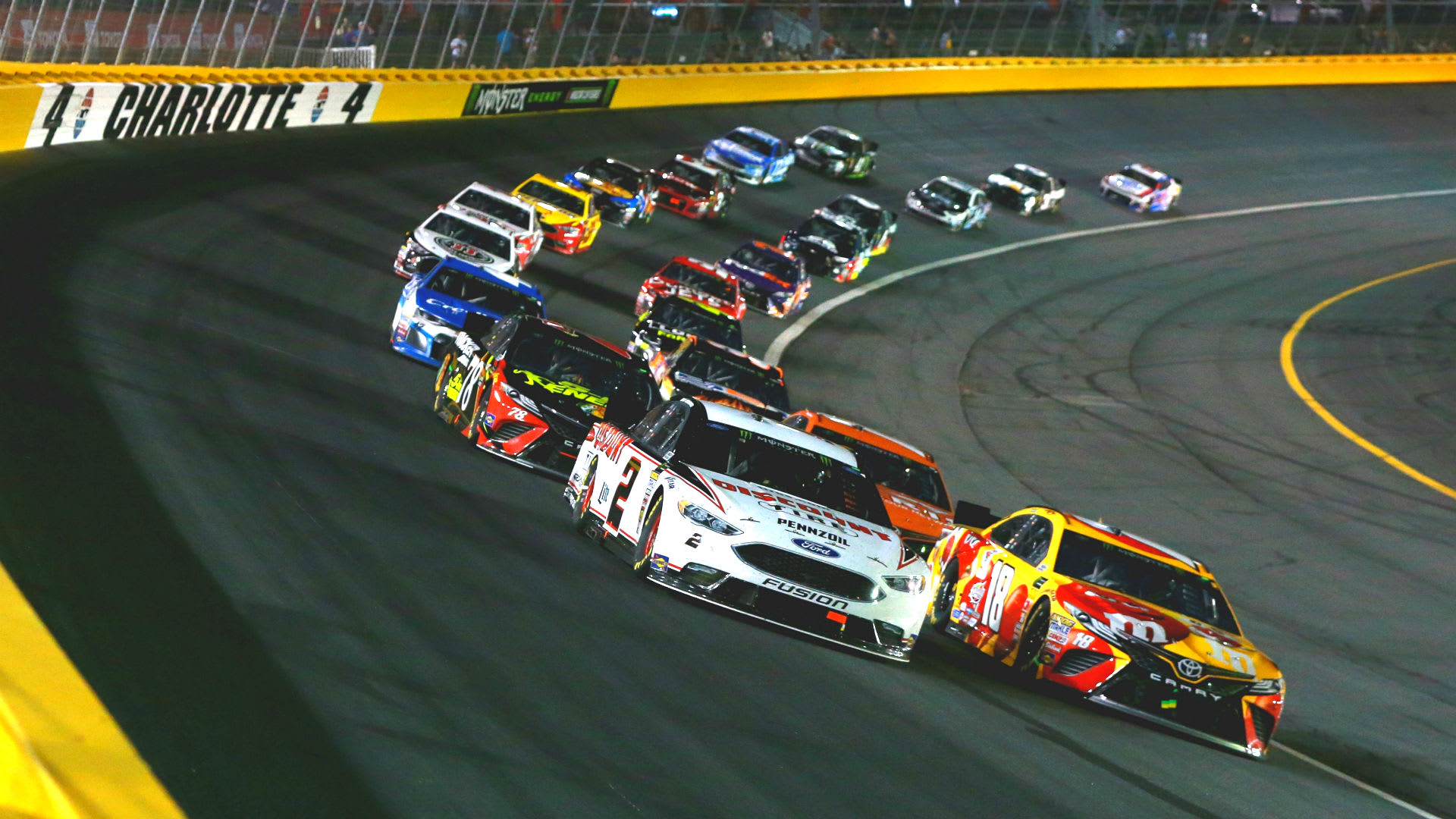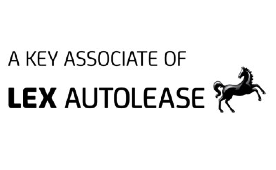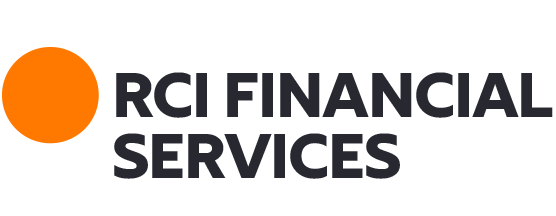TAKE care on the roads after the British Grand Prix - because watching Formula One could make you more likely to crash.
That’s according to scientists who recorded a 6.3 percent jump in ‘speed related’ prangs following a televised motorsport event. They believe racetrack fans may subconsciously try to mimic their heroes – leading them to drive faster and more dangerously when behind the wheel.
And in the wake of Formula 1's showpiece at Silverstone, UK road experts are urging Brits to be aware of the phenomena. The warning comes after a 10 year investigation by a team at the Division of Trauma, Critical Care, and Acute Care Surgery at Baylor University Medical Center in Dallas, Texas.

It examined a possible link between NASCAR television audience size and the incidence of motor vehicle collisions (MVCs) in the USA between 2004 and 2013. When audience figures were higher, the number of crashes increased significantly - with just a one percent increase in viewing figures producing a 6.3 per cent jump in prangs!
They say petrolheads are ‘physiologically aroused’ when watching races, a factor shown to increase the likelihood of ‘learned imitative behaviours’. And they’re also calling on broadcasters to consider issuing warnings about the dangers of trying to copy the professional elite driving they see on their screens.
Lead researcher Jacob W Roden-Foreman said: “As hypothesized, there was a significant positive association between ratings and the incidence rate of speed-related motor-vehicle-collisions or MVCs.
“It is possible that when viewers see NASCAR racers’ driving behaviours rewarded, this results in symbolic observational learning and creates an implicit association between fast driving and reward.
“This link could then be reactivated via priming effects when viewers get behind the wheel.
“Limitations notwithstanding, this study contributes to a large and growing corpus of literature showing a strong link between media exposure and subsequent, if not consequent, behavioural imitation.
“As such, though neither intended nor likely to make NASCAR viewers or fans of other racing competitions stop watching races, viewers should be aware of the potential effects that their viewership may have on both their safety and that of the public.”

UK motoring expert Mark Tongue, director of Select Car Leasing, says Brits need to park their bad driving in the pits.
He said: “The British Grand Prix is the jewel in the crown of the UK racing calendar, and it’ll be watched by millions - particularly as it’s being shown live, for free, by Channel 4. But if you want to experience the thrill of speed, get yourself to the racetrack and away from public highways.
“Lets not forget that speeding contributes to around 11% of all collisions reported to the police, 15% of crashes resulting in a serious injury and 24% of collisions that result in a death in the UK.
“While you might wish to emulate stars like Lewis Hamilton or Valtteri Bottas, you’re putting lives at risk.”
The scientist behind the US study, Dr Roden-Foreman, says drivers need to ‘self monitor’ their behaviour in the aftermath of watching a race.
He added: “Simply being aware of these possible effects might even be sufficient to reduce their risk, because self-monitoring may offset the potential for harmful imitation behaviour.

“An intervention as simple as broadcasters adding ‘Warning: professional drivers on closed course. Do not attempt to [emulate]’ during NASCAR’s broadcasts may be sufficient and is likely warranted.
“In addition to observational studies, experimental and quasi-experimental research has shown various forms of media can have substantial impacts on behaviour. Thus, these effects are clearly not trivial.”
Importantly, similar increases in accidents among people who did not watch NASCAR races was not found. Other studies have confirmed this disturbing phenomenon, for example, homicide rates were shown to rise following televised heavyweight boxing matches, with increases primarily occurring where the victim’s race corresponded to that of the losing fighter.
Meanwhile other research has highlighted the power of TV.
In 2002, Harvard researcher Dr. Anne Becker analysed how body shapes on the island of Fiji had changed between the first introduction of TV in 1995, compared with three years later in 1998.
Dr Becker found eating disorders increased 200 percent in that short time period, amid exposure to the ‘thin ideal’ seen on screen.









